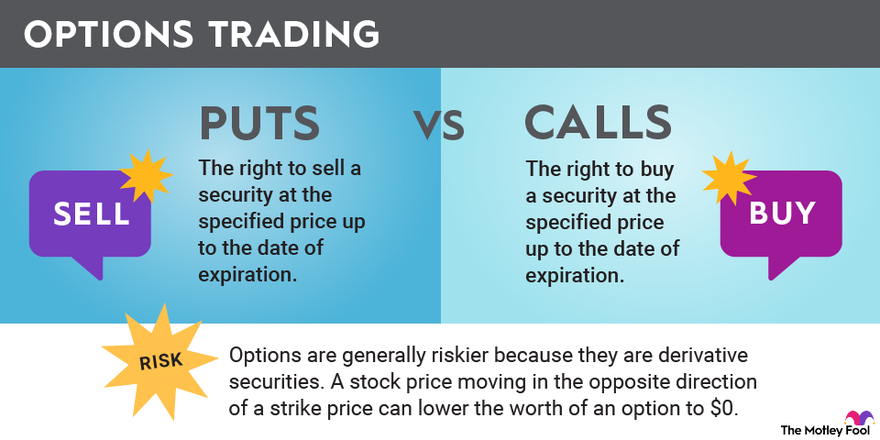The Art of Calculated Risk and Potential Returns
Option trading offers investors a dynamic and strategic approach to amplify potential gains while managing risks. It empowers investors with the flexibility to control their exposure to market fluctuations, unlocking tailored investment opportunities.

Image: www.youtube.com
What is Option Trading?
Option trading involves buying or selling contracts that grant the holder the right, not the obligation, to buy or sell an underlying asset at a predetermined price within a specific period. The buyer of an option pays a premium to the seller, granting access to this contractual right.
Unveiling the Types of Options
Options are categorized into two distinct types:
- Call Options: Provide holders with the right to buy an underlying asset at the strike price.
- Put Options: Grant holders the right to sell an underlying asset at the strike price.
Navigating the Key Elements of Options
To master option trading, understanding the crucial elements is paramount:
- Strike Price: The predetermined price at which the underlying asset can be bought (in the case of call options) or sold (put options).
- Expiration Date: The date on which the option contract expires and becomes worthless.
- Option Premium: The amount paid by the option buyer to acquire the right to exercise the option.

Image: www.fool.com
Harnessing Market Trends for Profitable Trades
By staying abreast of market movements and analyzing price trends, traders can position themselves advantageously. Volatility is a key factor in option pricing, and understanding its influence can lead to well-informed trade decisions.
Expert Advice: Unlocking the Secrets of Successful Option Trading
- Define Clear Trading Objectives: Establish a strategy aligned with your risk appetite and financial goals.
- Master Fundamental and Technical Analysis: Equip yourself with a deep understanding of the underlying asset and market dynamics.
- Manage Risk Effectively: Employ stop-loss and hedging strategies to safeguard your portfolio from excessive losses.
Frequently Asked Questions
Q: What’s the difference between OTC and Exchange-Traded Options?
A: OTC options are privately negotiated contracts, while exchange-traded options are standardized contracts traded on regulated exchanges.
Q: Can I trade options on any stock?
A: No, not all stocks have corresponding options available.
Q: When should I consider option trading?
A: Option trading can be beneficial when seeking to hedge against risks, speculate on price movements, or generate additional income.
Option Trading ĸƖ‡
Conclusion: Embracing the Power of Options
Option trading empowers investors with the tools to enhance their investment strategies. By mastering the intricacies of options, traders can strategically position themselves to amplify gains, mitigate risks, and navigate market dynamics. If you’re eager to delve deeper into this dynamic domain, explore reputable resources, educate yourself through industry experts, and embark on the rewarding journey of option trading. Are you ready to harness the potential of options and sharpen your investment edge?






